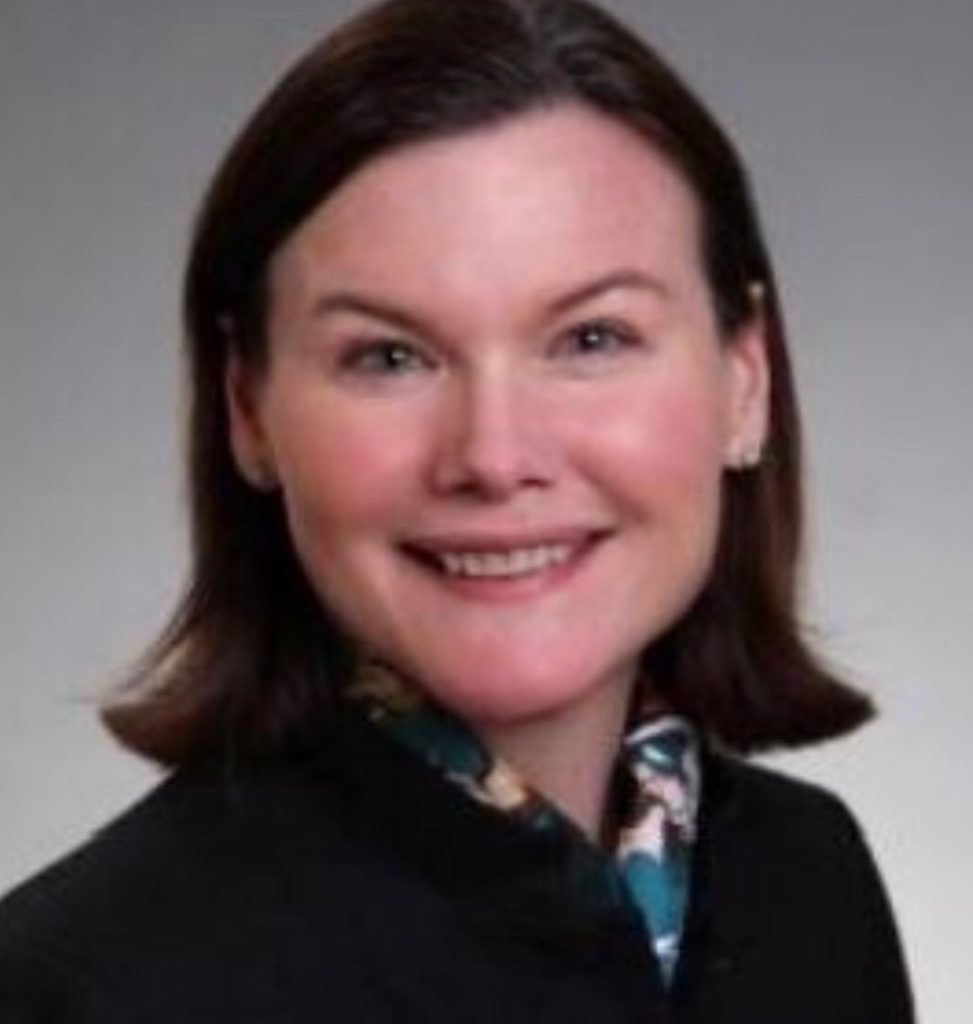In early April, Moody’s Investor Services, a data partner, hosted FinTech Sandbox Demo Day 6.0 at its offices in lower Manhattan, and it was the best one yet.
FinTech Sandbox, for those who don’t know it, is an industry-backed nonprofit encouraging and enabling innovation in the financial sector by making data and infrastructure available to well-qualified FinTech startups from around the world for free at the point when such access is most impactful. Demo Day highlights the innovative technological solutions FinTech Sandbox residents have built utilizing data and other services provided for free by Sandbox data and infrastructure partners.
Presenting startups are solving some of the financial services industry’s most pressing challenges. This year’s line-up included:
Beekin (London), which uses machine learning to build asset optimization software for real estate investors. Beekin has been able to access data from Infogroup and TransUnion through the Sandbox.
Betterfin (New York), which arms small business owners with knowledge and the resources needed to navigate commercial loan products with confidence.
causaLens (London), which predicts the global economy in real-time. CausaLens worked with data from S&P Dow Jones, Morningstar, Stocktwits, and IHS Markit.
DataDock Solutions (New York), an enterprise SaaS solution provider delivering advanced data analytics, proprietary metrics and rich visualizations for institutional sales and trading data. Infrastructure partner AWS is central to their cloud-based architecture.
Forge.AI (Boston), which offers services that transform the world’s human-targeted information into real-time structured event streams, immediately ingestible by intelligent machines.
KapitalWise (New York), which built a digital banking platform that uses AI to help customers better their financial health and enables personal bankers to engage with their clients using a dynamic suit of tools. KapitalWise has been working with data from Plaid.
Payitoff (New York), which developed intelligent debt repayment software to help borrowers execute the best possible repayment schedule based on their life goals, occupation and cash flow. Payitoff uses Quovo to sync loan information.
Astrocyte Research (Boston) presented Portformer™, an online financial research tool that helps RIAs grow their business and save money for their clients by finding low-cost ETF alternatives to existing mutual fund investments. Astrocyte leaned heavily on Xignite and Quandl.
Stratyfy (New York), which brings together the predictive power and accuracy of a pure AI approach with the control professionals need to modify, track and audit results in a way no other solution offers. Stratyfy has been working with Moody’s Analytics and Experian.
Sarah Biller provided the keynote. Sarah is the driving force behind so much of Boston’s FinTech scene — FinTech Sandbox Co-Founder, founding advisor to MassChallenge FinTech, adjunct faculty for the FinTech Masters Program at Brandeis University, co-organizer of Boston’s FinTech Meetup, co-founder of Boston FinTech Week. In addition, she is a serial FinTech entrepreneur, an angel investor and board member, an LP and board member of the Mountain State Capital Venture Fund, and she was recently named to the Innovate Finance Power Women in FinTech list.

Sarah kicked things off by asking a series of “What if we” questions. Later, I asked how she would answer a few of them. (Questions and answers are Sarah’s.)
Q. What if we gave women just the right amount of funding?
A. “The short answer is that the data shows investing in women is good business. Venture-backed start-ups led by women are often more profitable and more capital efficient. I recently read a study that found women-led start-ups generated $0.78 in revenue on average per dollar raised. In contrast, the same study found male-led start-ups generated $0.31 in revenue on average per dollar raised.
“We are seeing the earliest indications of a cyclical movement of money out of public equities and into private markets not just by institutions, but also by individuals. Venture capital, in particular — where investors can bat below the Mendoza Line and still be considered successful — is unpredictable and illiquid. This sets up a potentially troubling scenario if we don’t improve the odds, and even more so if returns are concentrated. Given the data, it is fair to suggest that a systematic investment in women entrepreneurs would increase the likelihood that more start-ups succeed. Let’s invest in women and change the math.”
Q. What if we monetize our personal data like intellectual capital?
A. “IDC projects the average value of a U.S. internet user in 2025 to be about $10 per month. I think most people are struck by the de minimisexpected value of their online activity given the incredible amount of debate around data. I’m not surprised, though.
“Our work at CMX (note: a predictive analytics platform co-founded by Sarah that utilized NLP and Bayesian estimation techniques to collect and quantify non-financial factors to help bond investors anticipate near-term changes in spreads) showed the transient nature of sentiment, which is a lot like gathering likes on a webpage, and its limited predictive power. We found more persistent, powerful signals once we could identify and quantify the underlying factors professional investors were contemplating when they expressed positive or negative attitudes. This learning has some parallels to the emerging need for smart datasets to train AI models.
“Rather than collect passive data, it makes sense to me that we should employ people to actively use their knowledge, or intellectual capital, to produce relevant datasets. Why wouldn’t we pay professionals for what they knowjust like we pay them for what they currently do? Long haul truckers, nurses, accountants and others should be engaged to develop dynamic and informed datasets. The more experience in the source of the data, the better the AI models that will shortly underpin healthcare, autonomous vehicles, financial services, and other industries. This may well be the bridge to the future of work.”
Q. What if we decided everyone’s financial security matters?
“I asked this question after listening to a panel at the Boston Federal Reserve Bank and then reading the Federal Reserve Board’s report on the Economic Well-Being of U.S. Households. The conclusion is stark: a good portion of our U.S. population does not have enough cash on hand to cover an unexpected expense of $400. I am struck not only by the implications for today, but by how limited financial literacy perpetuates this problem, by the low availability of cost-effective episodic lending options, by the looming student debt AND retirement crises, and by all the other negative consequences that a lack of financial security causes for our society.
“Deciding that everyone’s financial security matters is not just a nice slogan, but an opportunity. The Pew Institute estimates that a financially sound middle class could greatly expand global economic growth. So a commitment to building representative datasets that enable new and relevant products and services that help everyone enter the financial mainstream is critical. Let’s enable FinTech entrepreneurs to reach new customer segments, increase their financial well-being, and do so at scale and profitably.”
Q. What if we empower entrepreneurs everywhere?
A. “I think this is naturally the other side of the question “What if we decided everyone’s financial security matters?” Abraham Maslow concluded from his research on human needs, “The most valuable 100 people to bring to a deteriorating society would not be economists, or politicians, or engineers, but rather 100 entrepreneurs.” I’m keen to roll-up my sleeves and see if this is true.
“Let’s work to reconcile what we know to be extraordinary mobility of money and talent with the uneven flow of investment to entrepreneurs in non-urban areas. I would argue that recent tech innovations are legitimizing decentralized financial services systems and hold the promise to not just overcome the spatial limitations of investing capital in entrepreneurs who aren’t in the Valley or Boston, but the risk/return profile that seem to keep us artificially anchored to the coasts.
“Given what we know is possible, if we started by empowering entrepreneurs working in the big four segments of financial services — payments, lending, investing, and insurance — would we see an increase in educational attainment or a decrease in opioid use? Would our small towns thrive again if we empowered entrepreneurs to build new community bank cores or lending models? The need has never been greater and the opportunity never better — the intelligence and capability to build impactful businesses is evenly distributed across a normal population. Let’s make sure the opportunity and resources to do so is available to entrepreneurs everywhere.”
Sarah also offered this quote from Walter Wriston, Chairman of Citibank from 1967 through 1984:
“The information revolution has changed wealth, intellectual capital and is far more important than money.”
My favorite Wriston quote is this one:
“Whenever the old gives way to the new, everybody with vested interests in the old starts crying that the world will stop. There aren’t many people with vested interests in the new.”
And that’s the beauty of Demo Day — seeing and hearing what people who have vested interests in the new are up to.
# # #



